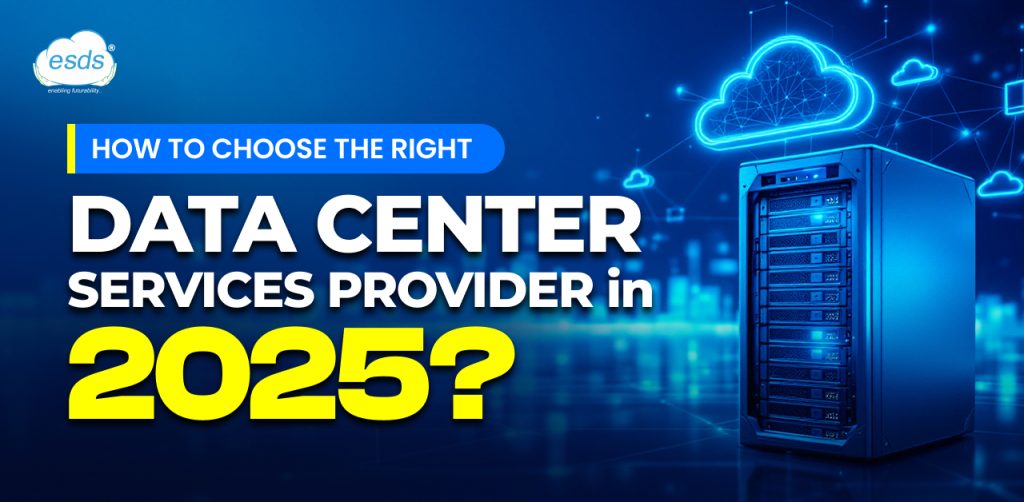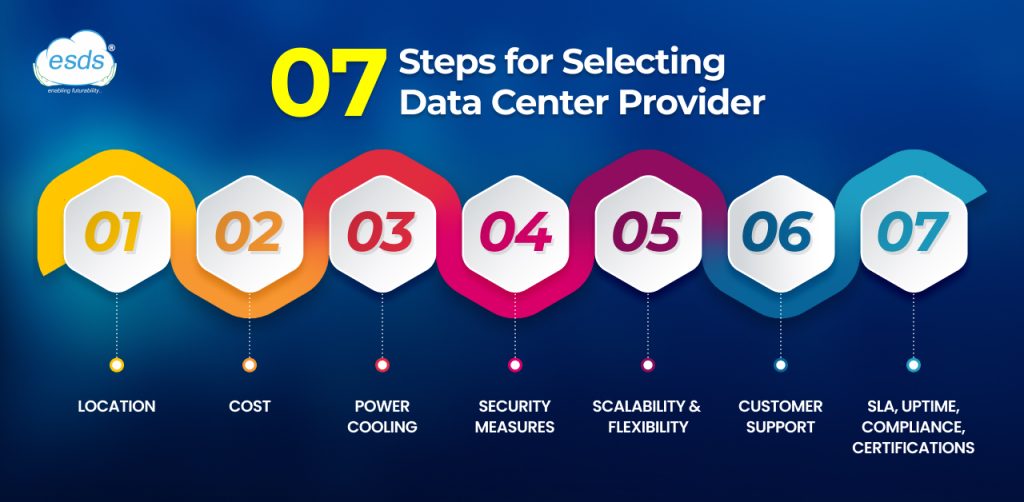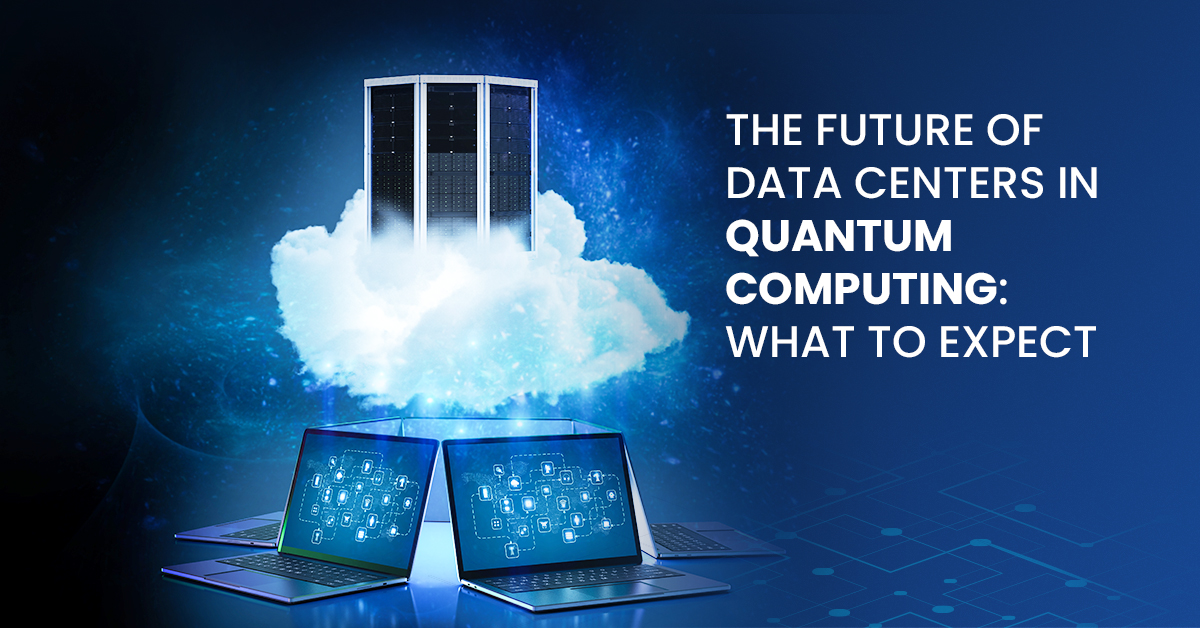
In 2025, the growing demand for the data center provider industry will still be expanding at an incredible rate. The worldwide data center provider market is anticipated to grow at a 15% CAGR through 2027, based on developments that are presently being built and those that are planned. This is our baseline prediction, with a 20% CAGR through 2027 as an upside possibility. Despite its fast rise, the industry faces several possibilities and problems.
New technology is opening up possibilities for wealth generation and long-term growth. Other major issues facing the industry include electricity shortages and rising demand that is outpacing supply. This paper looks at the significant problems that the global data center industry is currently facing and makes forecasts for the coming year.
Before diving into choosing the right data center providers, first let’s look at the key highlights that are going to be there in 2025 related to artificial intelligence and liquid cooling.
- Artificial Intelligence: AI is finding more and more uses in almost every industry. Several billions of dollars have been invested in AI during the past few years.
- Liquid Cooling: Liquid cooling will be a practical solution and a chance to boost asset value for current facilities moving to higher-density workloads.
Key Highlights:
- In 2025, artificial intelligence (AI) will still be gaining traction. The data center sector is at the start of a revolutionary period, propelled by AI’s unrelenting development. Over the past few years, billions of dollars have been invested in AI, which has increased demand for data center infrastructure.
- SMR announcements will pick up speed in 2025, and the total gigawatts will probably double. As the need for energy grows, nuclear power is becoming the go-to option. The industry is investigating both conventional large-scale nuclear power and small modular reactors (SMRs) since conventional electricity systems find it difficult to keep up.
- It will be necessary to switch to liquid cooling in order to support GPU developments. Liquid cooling infrastructure has rapidly taken over as the standard installation in new projects. Liquid cooling will be a practical alternative for current facilities moving to higher density workloads, providing owners and investors with an opportunity to improve their assets.
- In 2025, $170 billion in assets will need to be secured for development or long-term funding. Development finance will offer investors a strong chance to get exposure to the industry, even though investment transaction volumes are only expected to slightly expand in 2025 because of large bid-ask spreads and a dearth of accessible products.
The capacity of data center providers worldwide is expected to increase by 15% annually, but this will not be enough to satisfy the rising demand.
2023–2027 data center capacity (gigawatts)
As businesses increase their data usage and rely on data center services to support their expansion, choosing the best data center provider can be difficult. Businesses of all sizes can choose from a variety of data centers, so choosing the right one requires considerable thought and confidence.
7 steps You Need to Consider While Choosing a Data Center Provider
Selecting the best data center provider is essential to guaranteeing the scalability, security, and dependability of your IT infrastructure. Here are some important factors to think about before choosing your choice.

- Location
When selecting a data center provider, location is crucial for a number of reasons. First, think about how easy it is for your staff to get to the site, particularly for maintenance or equipment upgrades. Location-related delays or inefficiencies can be expensive. Additionally, assess the region’s susceptibility to earthquakes, tornadoes, floods, and hurricanes. Although data center providers typically take these hazards into consideration, it is advisable to confirm the facility’s readiness.
Lastly, we’ll go into greater detail about the network and customer ecosystems, but first we’ll make sure the data center has enough power and numerous fiber channels for connectivity.
- Power Cooling
Because outages are expensive, it is essential to guarantee continuous electricity and efficient cooling systems. Implementing a multi-path configuration for redundancy is the ideal course of action, as it allows for seamless system replacement in the event of a failure.
For client equipment to operate at its best, data center server cooling is essential. This could entail cutting-edge methods like cold-aisle containment, free air cooling, and deep lake water cooling, among others.
- Security Measures
Your business depends on your data. When hosting it somewhere else, be sure the supplier adheres to SOC 2, SSAE 18, and HIPAA laws and employs excellent security measures. The building should have strong physical security, which includes alarms, monitoring, access controls, and several levels of protection. To identify and notify you of any possible emergencies, sophisticated monitoring systems must be installed.
- Scalability & Flexibility
Choose a service that can adapt to your changing needs in order to fulfill your short-term and long-term goals. While some data center providers give pre-made systems, others provide more adaptable and configurable choices.
Check if more resources, such as power, space, and connectivity, are available. Don’t let a provider who isn’t scalable restrict the possibility for expansion of your organization.
- Cost
Find out how much power, cooling, and network connectivity will cost each time you host equipment at the colocation data center. Additionally, note any one-time infrastructure setup costs. Make sure that network connectivity and server power are covered by these fees.
Furthermore, for a cost, certain data center providers in India may provide additional services like equipment installation or remote hand help. Take into account the data center’s dependability and service quality while assessing expenses.
- SLA, uptime, compliance and certifications
Assessing a potential data center partner’s demonstrated track record and committed service standards is essential. Although 99.99% uptime SLAs are provided by many data centers, others may go above and beyond.
Verifying a data center’s providers dependability, security, and regulatory compliance requires independent audits and certifications, particularly for the government, financial services, and healthcare industries.
- Customer Support
More than just more room and faster speeds should be provided by data centers. A first-rate facility has committed, knowledgeable support staff on hand around-the-clock to answer inquiries and fix problems.
Conclusion:
Choosing the right data center provider is a crucial decision that can significantly affect the success and expansion of your company, regardless of whether you’re just starting your search or switching from another provider. By considering elements like location, data center security, scalability, flexibility, dependability, network connectivity, on-site assistance, customer service, and SLAs, you can make decisions that will satisfy the demands of your organization and its long-term objectives.
ESDS is one of the leading data center management organizations in India that provides services to assist and safeguard your IT infrastructure while you search for the finest data center provider. You can rely on us to support the digital success of your company because we prioritize security, dependability, and scalability.
Ready to find the perfect data center provider for your business? Contact ESDS Software Solution today to explore our secure, scalable, and reliable data center solutions




Recent Comments